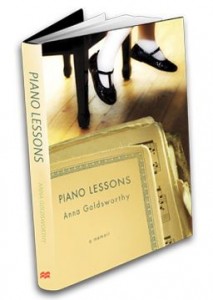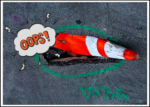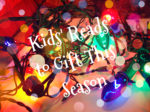Piano Lessons, A Memoir: Anna Goldsworthy
 ‘This is where the little girl sees a chimpanzee,’ I said, pointing to a chromatic embellishment. She took my hand: ‘My darling, we must sit and work.’
‘This is where the little girl sees a chimpanzee,’ I said, pointing to a chromatic embellishment. She took my hand: ‘My darling, we must sit and work.’
Piano Lessons by Anna Goldsworthy is a book about musical time–a coming of age story. In his book, we follow Anna as she thinks as a child, sees through a glass darkly, and then finally face to face. It is the story of a young girl growing up through music, struggling to understand and put into perspective all that her teacher, her family, and her life have to offer.
All musicians, whether professional or avocational will identify with the struggles of the young Anna and the unending patience, humor, and wisdom of Mrs. Eleonora Sivan. The nurturing of Anna’s young self begins immediately upon her interview (we are left to imagine how truly awful the performance of her Mozart Sonata was).
The young Anna struggles to understand the meaning of a multitude of teachings–‘digested wisdom’, ‘Mozart’s simplicity is the exact opposite of primitivism’, ‘The subjective is built up on objective visions’, ‘You do not choose piano. Piano chooses himself, Piano chooses you.’ I was reminded of the time my 10 year old daughter’s cello teacher, Gordon Epperson, looked up after hearing her play a concerto movement and asked, “Do you know what perfunctory means?”
The teenage Anna struggles to find the balance of the person Anna and the musician Anna. The wise Mrs. Sivan gives her always what she needs rather than what she wants or expects. I wish I could assign this book to some of my student’s parents so they might hear and understand that music is not just perfect playing, that there is no miraculous point where a pianist is perfect, only a point where a person realizes and accepts what music is, that dedication and superhuman practice alone are not enough, and that competitions are not about winning but rather about learning.
As a musician, I wish every person who perceives that artists don’t work and should get real jobs or doubts the need for artists in our society could hear the message in these pages. As a teacher, I sometimes lose sight of how difficult it is for a student, at any level, to synthesize what I try to give–how very hard they try at this frustrating yet fascinating undertaking that is piano playing. I am grateful to Anna for evoking the past for me–my own struggles–my own need for mercy.



The book and the teaching methods of Ms. Sivan were an epiphany for me. Of course it’s important to learn the notes, but listening to the notes and understanding what the composer is trying to say with the notes is even more important. I’m sorry this book wasn’t around many years ago.
Fantastic post! Such an informative, insightful review.
This book is now #1 on my reading list! Thanks for the inspiration.
Gretchen